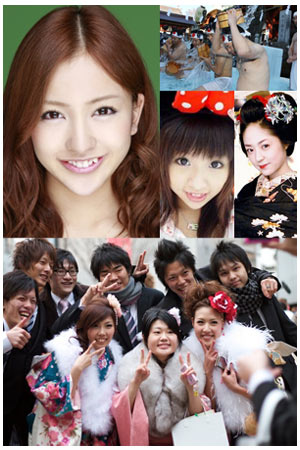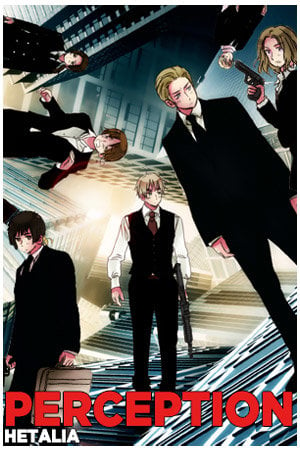I’ve been a student of Japanese since that first day in 1987 when I started Higurashi-sensei’s class at SDSU. (There were more students who wanted to take the course than would fit in the room, so the teacher gave us an ultimatum: learn hiragana within one week or we’d have to drop the class.) In addition to studying the language, I’ve spent many years observing the Japanese people, too. Today I decided to do an “Ask Me Anything” on J-List’s Facebook page, and here are some of the questions I got.
How Westernized are the Japanese?
The Japanese definitely consider themselves a Western country, as indicated by their lumping both Europe and Japan in the same DVD area (region 2). When Japanese visit other countries in Asia they have culture shock that’s similar to what Americans or Europeans might experience.
Are clubs in high school as important as they seem to be in anime?
It seems so. My son is in both the Light Music and English clubs and does a lot of stuff with both. Students who don’t join a club in high school belong to the 帰宅部 kitaku-bu or “going home club.”
Do most Japanese act in what would be considered a ‘gentlemanly’ manner here in the West? i.e. holding doors open for ladies etc.
In general not much, and one reason some Japanese women idealize Western men is the idea that we’ll be perfect gentlemen at all times, though my wife would laugh herself silly at that. The word for a man who is polite and considerate of women is a “feminist.”
How important is politeness to the Japanese?
Definitely an important thing, and there are subtle rules about politeness that people must follow based on your TPO (“time, place, occasion”). These rules are actually “baked” into the language, and you’ll use different verb forms when addressing a senpai (which would require formal verbs) compared with a classmate or a kohai (which would call for informal verbs). I’m sure a lot of these politeness rules come from having 120 million people living in an area the size of Montana, in houses with paper doors.
Are they fascinated with the USA like we are with Japan?
Japan is the most pro-American country there is, as a rule, and nearly all Japanese have a positive image of the U.S. Older Japanese are especially thankful for the smart policies of the U.S. military during the Occupation, and of our positive “can-do” attitude, which helped Japan rebuild more quickly. When the U.S. military launched “Operation Tomodachi” after the 3.11 earthquake and tsunamis even the most cynical Japanese burst into thankful tears.
How are the British perceived in Japan?
Japan loves the U.K. and when the country was modernizing it took most of its ideas about the West from England, creating a Parliament-style legislature and government officials based on Her Majesty’s Civil Service. You could argue that World War II was Japan taking its respect for and desire to emulate Great Britain and its Empire way too far.
Why is Japan so cool?
Haha, not sure, but it might be related to the country being shrouded in mystery during the Edo Period. Our collective fascination with Japan is not new. When I went to the Netherlands I was surprised to see that Vincent van Gogh had been fascinated with Japan, and had copied ukiyoe in his own style, right down to the kanji.
Can you really buy girls’ pantsu in vending machines?
These existed, but in very small numbers 10-15 years ago, and anything you hear about today is pure urban legend. Remember, the “lens” of the Internet highlights only the strange parts of Japan, presenting a distorted image.
Why the Tentacles?Good question. While the genre got its start with the famous shunga image Dream of the Fisherman’s Wife [NSFW] nearly 200 years ago, the modern association with tentacles comes from the popularity of the Urotsukidoji / Legend of Overfiend hentai anime from the 1980s. Most Japanese don’t realize their country is famous for tentacles.
Why do the Japanese like maids so much?
It’s just a meme, really, like shimapan or the Anna Miller’s waitress costume boom from the 1990s. Supposedly some of the earliest eroge from the PC 98 era hit on the idea of maid characters calling the player “master” and maid culture took off from there.
What are their views on sporks?
Yasu, J-List’s artbook and manga buyer, says, “I never thought deeply about them, but they remind me of eating convenience store bento.”

Your questions about the people of Japan answered.















